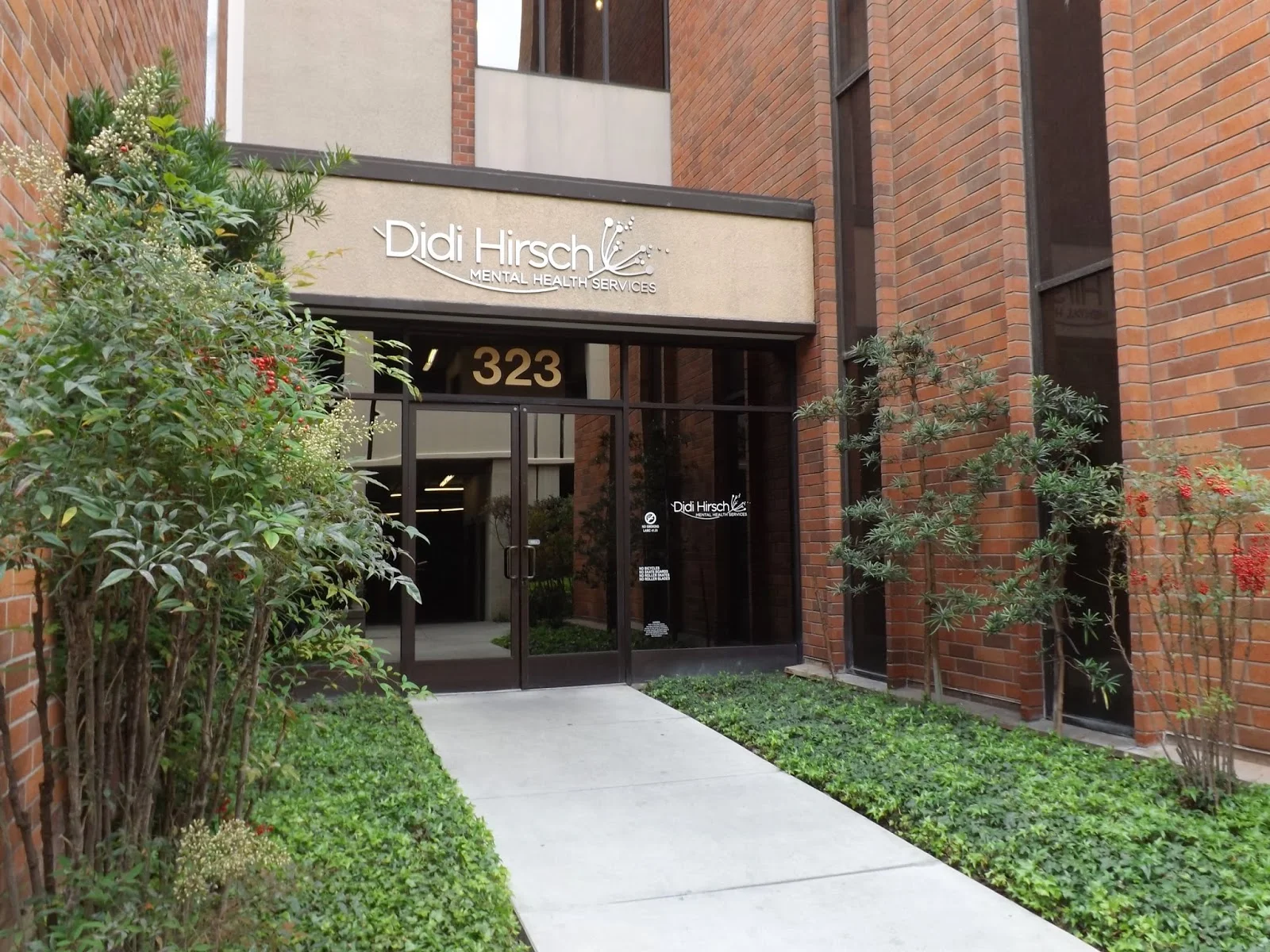Didi Hirsch Mental Health Services Information
Treatment
Who We Treat
- Teens / Adolescents
- Young Adults (18–25)
- Adolescents
- Male and Female
- LGBTQ+
Treatment Focus
- Suicidality
- Young Adults
- Drug Addiction
Approaches
- Individual Treatment
- Evidence-Based
- Family Therapy
- Group Therapy
- Cognitive Behavioral Therapy (CBT)
- 1-on-1 Counseling
- 1-on-1 Counseling with Clinical Psychologist
Conditions We Treat
- Depression
- Anxiety
- Post Traumatic Stress Disorder (PTSD)
- Personality Disorder
- Obsessive Compulsive Disorder (OCD)
- Grief & Loss
- Suicidal Thoughts
- Suicidality
- Narcissism
- Grief and Loss
- Personality Disorders
- Stress
- Co-Occurring Disorders
Substances We Treat
- Alcohol
Languages
- English
Aftercare
- Medication Assistance
- Continuing Care
Level of Care
- Outpatient
- Aftercare/Continuing Care
Experience
Smoking and Vaping Policy
- Smoking Allowed in Designated Areas
- Vaping Allowed in Designated Areas
Additional Locations
Didi Hirsch Mental Health Services Accepts The Following Insurance Plans
Find the best treatment options. Call our free and confidential helpline today!







